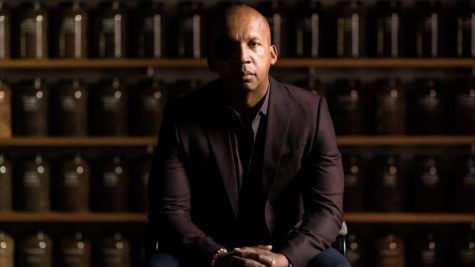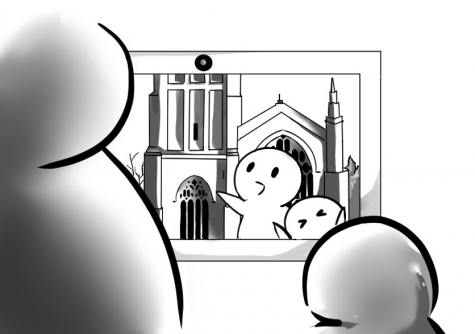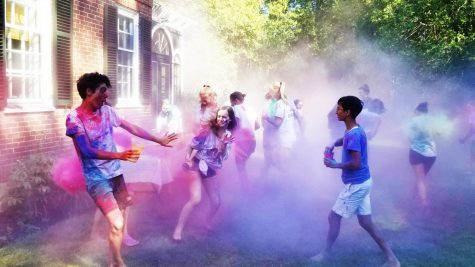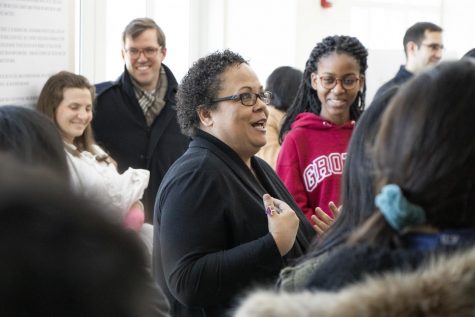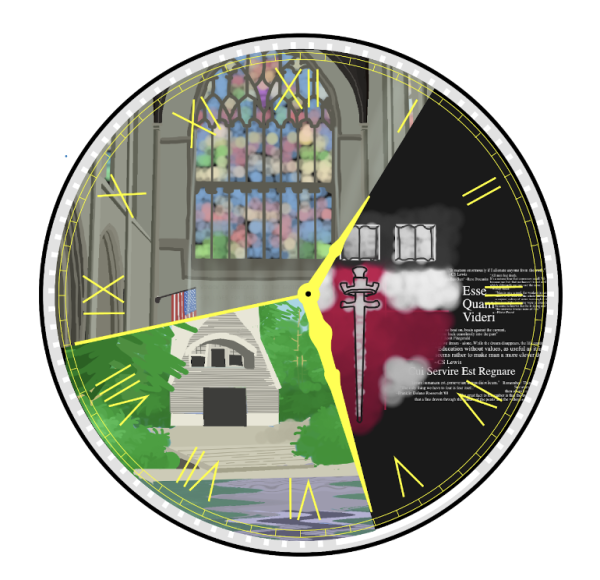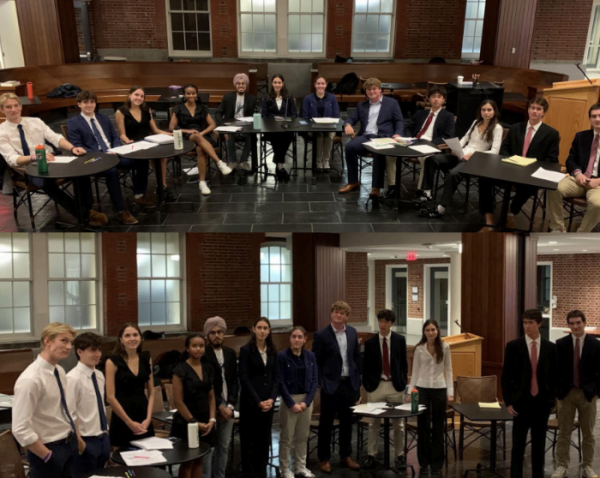When Dr. King Visited the Circle
On February 4, 1963, the entire student body sat in the Hall, listening to Martin Luther King Jr.’s soothing yet powerful Southern drawl resounding through the room. This is the day when Martin Luther King Jr. stepped foot on the Circle and delivered a hypnotizing speech on the injustices embroiling America that inspired many Grotonians for years to come.
According to the Groton School Quarterly of Winter 2013, the headmaster at the time, Jack Crocker, who accepted the first black student nearly a decade before Dr. King would come to speak at Groton, was considered an avant-garde on the civil rights issues.
Dr. Crocker invited neighboring schools such as Lawrence Academy, Middlesex School, and Concord Academy, along with many other local students to listen to Dr. King’s lecture.
Dr. King’s two-day visit consisted of an incredibly passionate lecture and engagement with students. Edward Childs ‘67 told the Groton School Quarterly, “He spoke with a rhetorical style of a minister from the South. He spoke in these long eloquent phrases full of metaphors.”
Two students covertly recorded the speech, which remained forgotten for decades until it was turned over to the Groton archives. It was played for the student body in 2013 on MLK Day.
Dr. King spoke of conflict and change, of the dream which America has yet to realize. Once introduced by the headmaster, Dr. King begins by saying, “I have looked forward to this privilege and this opportunity with great and eager anticipation, and so I can assure you that it is a real pleasure to see you.” His warm greeting was followed by an immediate confrontation of the issues that loomed over America.
He compared the civil rights issues to that of the metaphorical American Dream. Dr. King noted that “America is essentially a dream. A dream yet unfulfilled. This is a dream so eloquently expressed in the Declaration of Independence.”
He continued to extrapolate from this foundational document: “It does not say some men, but all men. Not all white men, but all men, which includes black men.”
However, 1963 was in the midst of the conflicts of the Civil Rights Movement, when racism was still rampant. Dr. King warned Grotonians that “America has been divided against herself. Slavery and racial segregation have always been strange paradoxes in a nation that has been formed on the principle that all men are created equal.” He encouraged the bright minds of the next generation to lend a voice and to rise to the challenge of inequality.
Dr. King stated that other nations were looking towards America as a model to solve this problem; other nations couldn’t and wouldn’t respect a country that imposed unfair principles on the basis of skin color, race, and religion.
Six weeks after his visit, he was arrested in Birmingham, Alabama. Following his “Letter from A Birmingham Jail,” Dr. King rose even further to prominence and became a sensational voice for not only America, but also for the entire world. He delivered his “I Have A Dream” speech just several months later and the rest is history.
The dream that Dr. King envisioned for future generations is still relevant today—in terms of racism and other social injustices.


